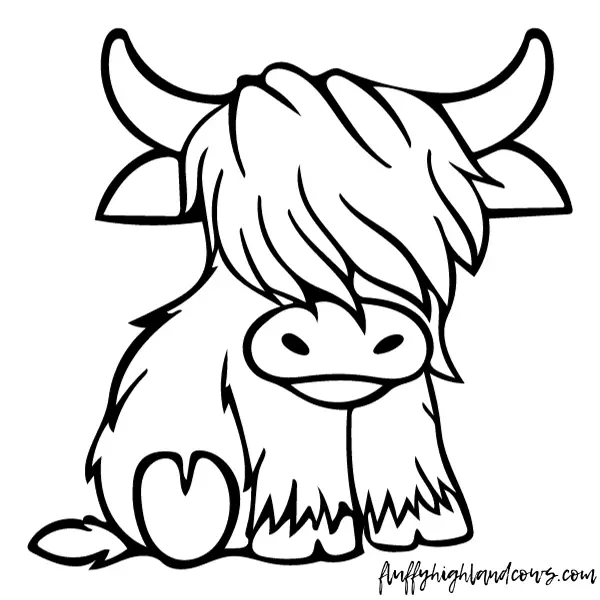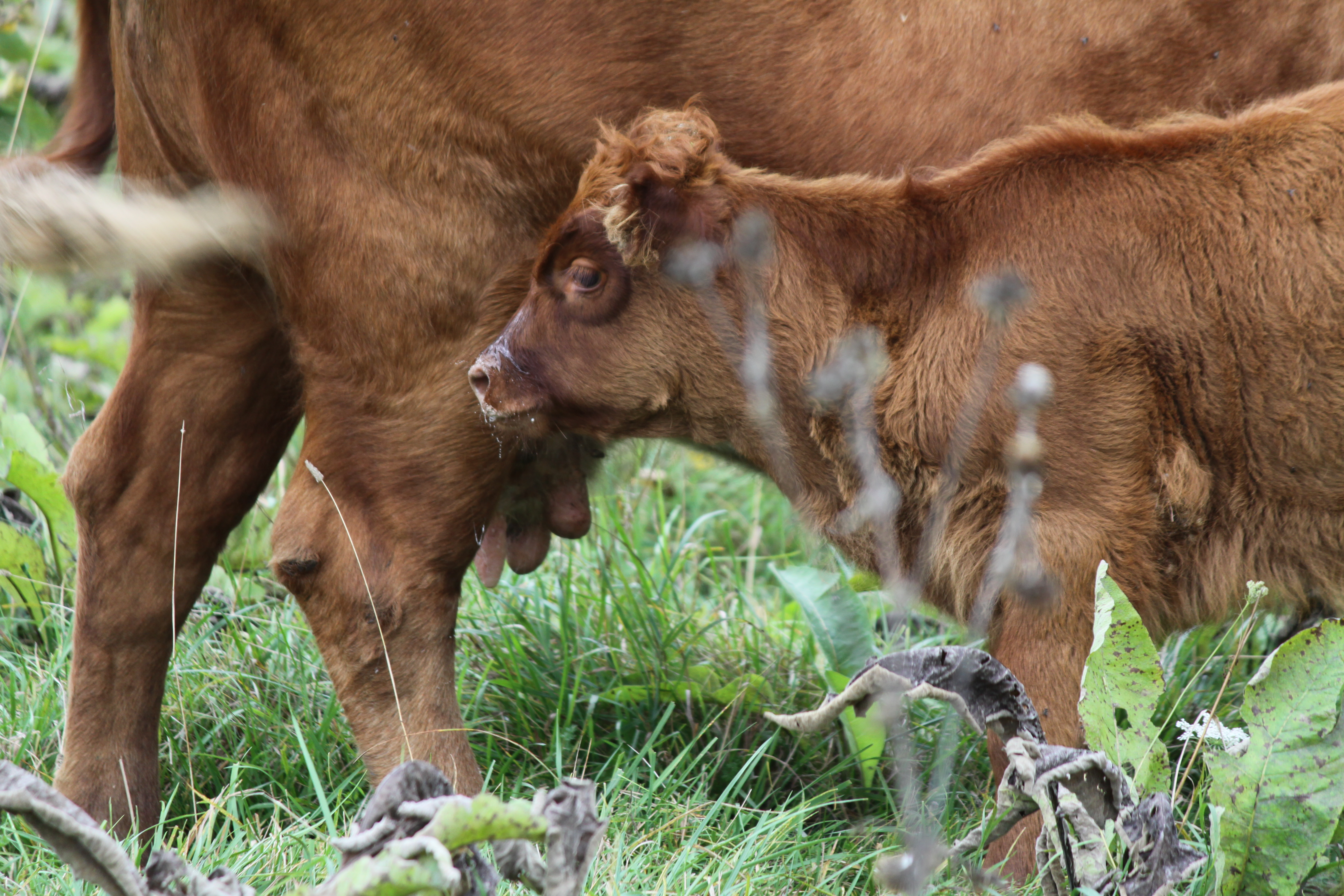Highland Cattle: The Superior, Intelligent Breed Enriching American Farms
For nearly two decades, my experience breeding Highland cattle has revealed them to be an exceptional, intelligent breed. Their docility, ease of handling and training, and their efficient grazing habits make them standout livestock. Notably, their meat is a healthier option, boasting lower cholesterol and fat levels, yet higher protein content compared to other cattle breeds.
Originating from the harsh, unforgiving Scottish Highlands, Highland cattle have undergone centuries of natural selection, ensuring only the most robust and adaptable animals contributed to the lineage. This breed holds the distinction of being the oldest registered cattle breed, with a Herd Book established in 1885. Initially, the breed was divided into two subgroups: the smaller, mostly black or brindled Kyloes from the western islands, and the larger, red cattle from the Scottish mainland. Today, Highland cattle boast a variety of colors including red, black, yellow, white, brindle, silver, or dun.
Recognizing their resilience and quality, American cattlemen began importing Highland cattle in the late 1890s to enhance their herds, significantly contributing to the American cattle industry’s success. The American Highland Cattle Association was established in 1948, further solidifying the breed’s presence in the U.S.
Minimal Needs, Maximum Efficiency
Highland cattle thrive with minimal requirements. They are well-suited to harsh climates, from the cold reaches of Alaska to the warmer southern states. Their ability to graze on less-than-ideal pastures and their efficiency as browsers make them an excellent choice for land management, capable of clearing brush and consuming vegetation other cattle would ignore.
Genetic Strengths and Environmental Adaptability
With long eyelashes and forelocks protecting their eyes from insects, Highlands experience fewer common bovine diseases, thanks to their genetic resilience. Their double coat of hair, unique among cattle breeds, provides insulation, reducing the need for costly shelters. This coat also allows them to naturally marble their meat on low-input forage, producing lean, high-quality beef.
A Harmonious Relationship with Humans
Highland cattle have a long history of close association with humans, known for their calm demeanor and ease of handling despite their impressive horns. Their intelligence makes them easy to halter train, and their protective nature makes them excellent mothers. Highland cows can produce calves well into their late teens, offering a sustainable option for herd management.
Superior Beef Quality
Research has shown that Highland beef is not only leaner and lower in fat and cholesterol but also higher in protein and iron than that of other breeds. This quality has led to an increased demand for Highland beef in fine dining and among health-conscious consumers, offering a premium product that aligns with modern dietary preferences.
The Advantage of Crossbreeding
Crossbreeding with Highland cattle can significantly reduce calving problems and enhance calf survival, producing vigorous, healthy offspring. The genetic diversity of Highlands, largely unchanged since the 12th century, maximizes the benefits of crossbreeding, offering hardiness, disease resistance, and efficient foraging abilities to the progeny.
Beyond Meat Production
Highland cattle are versatile animals, contributing not just meat but also milk and fiber. Their hair can be spun into garments, and they can serve as oxen or land management tools. This multipurpose nature makes them well-suited for a variety of farming operations, from small-scale to commercial beef production.
In conclusion, Highland cattle offer American farmers a unique combination of benefits: minimal care requirements, environmental adaptability, superior meat quality, and a strong genetic foundation for crossbreeding. Whether for meat production, land management, or simply the joy of raising one of the most intelligent and docile breeds, Highland cattle are a valuable addition to any farm.

